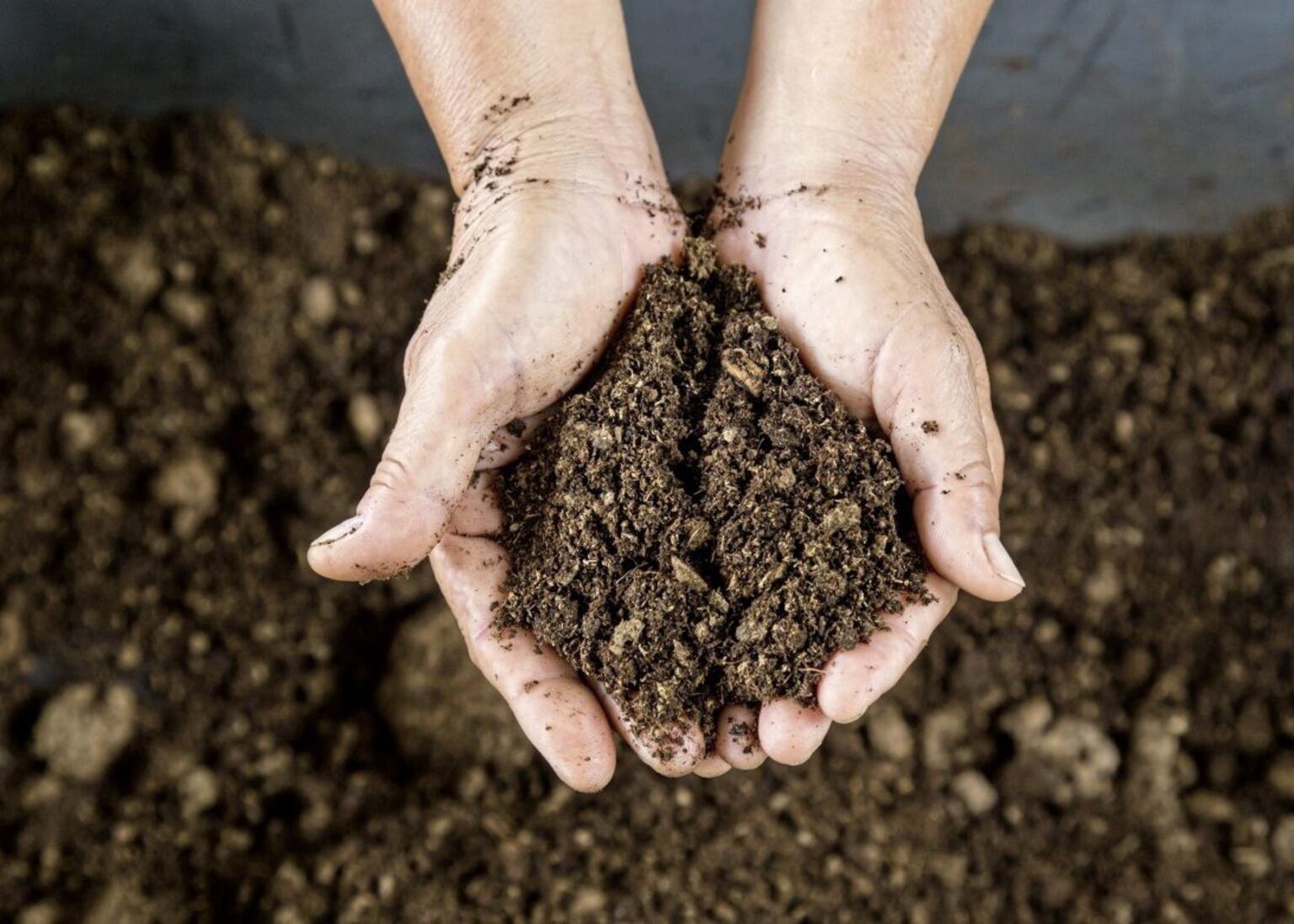The Hidden Costs of Gardening: A Call for Change
Gardening is often seen as a peaceful and rewarding activity. It brings people together, fosters friendships, and offers a sense of well-being through the nurturing of plants and the creation of beautiful outdoor spaces. However, beneath this idyllic image lies a more complex reality—one that involves environmental concerns and ethical dilemmas.
Extractivism, the practice of extracting natural resources, particularly for export, has long been a contentious issue. In Ireland, despite its limited natural resources, peat has become a significant commodity. While not as valuable as coal or oil, peat holds economic importance, especially in the form of large-scale extraction. This process has led to the removal of vast quantities of peat from the country’s boglands, much of which is exported to other regions.
The situation is not without controversy. Despite the environmental impact, there appears to be a lack of widespread public outrage. Instead, there is a tendency to deflect blame onto historical factors such as post-colonialism. However, the reality is that the current practices are unsustainable and harmful.
Recent reports by the Environmental Protection Agency (EPA) have highlighted the scale of illegal peat extraction in the Republic of Ireland. Their first-ever report on the sector revealed that large-scale commercial extraction occurs without proper planning or adherence to environmental laws. The agency conducted inspections at 38 sites across seven counties, where unauthorised peat extraction is taking place. According to the EPA, approximately 300,000 tonnes of peat are extracted annually, with nearly all of it being exported, generating around €40 million per year.
This issue is not confined to the south of Ireland. Similar problems are likely present in the north, although the situation remains less documented. The continued use of peat in gardening contributes to the depletion of these vital ecosystems, which play a crucial role in mitigating climate change. Peatlands help reduce flood risk and act as carbon sinks, making their preservation essential.
A Shift Toward Sustainable Gardening
If we continue to use peat, we are complicit in the destruction of these important natural resources. The solution lies in embracing sustainable alternatives. Gardeners can start by purchasing only peat-free compost from garden centres. Additionally, they should encourage suppliers to offer products grown in sustainable mediums.
Creating homemade compost is another viable option. Many individuals already compost kitchen and garden waste, and some even make leaf mould. While achieving complete self-sufficiency in compost may require space and dedication, it is not impossible. Even those who rely on a few bags of commercial peat-free compost each year can contribute to the movement.
Despite the challenges, transitioning to peat-free gardening is an inevitable step forward. Whether one is environmentally conscious or not, the shift will eventually become necessary.
Legal Measures and Future Prospects
Efforts to ban peat use are gaining momentum, albeit slowly. In Northern Ireland, a draft Peatland Strategy proposed phasing out the use, import, and sale of peat compost by 2025. However, this recommendation was removed due to concerns about the availability of alternatives for commercial users.
In England, the sale of peat-based compost is being phased out, with legislation set to ban horticultural peat by the end of the year. This move faces opposition from certain interest groups, but it represents a positive step toward sustainability. Scotland and Wales are expected to follow similar measures.
With little progress in curbing both legal and illegal peat harvesting in Ireland, the future may depend on external factors. The closure of the main market for peat extractors could inadvertently lead to a reduction in extraction activities. Until then, the responsibility falls on individuals and communities to support sustainable practices and advocate for change.







